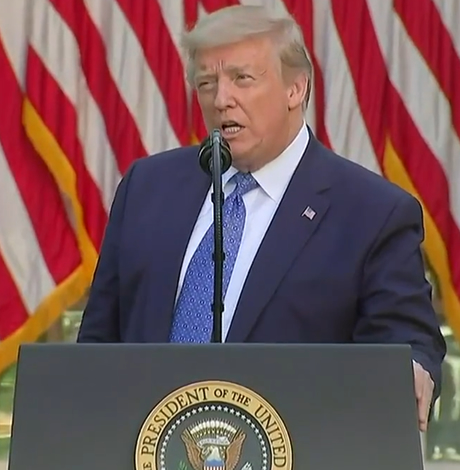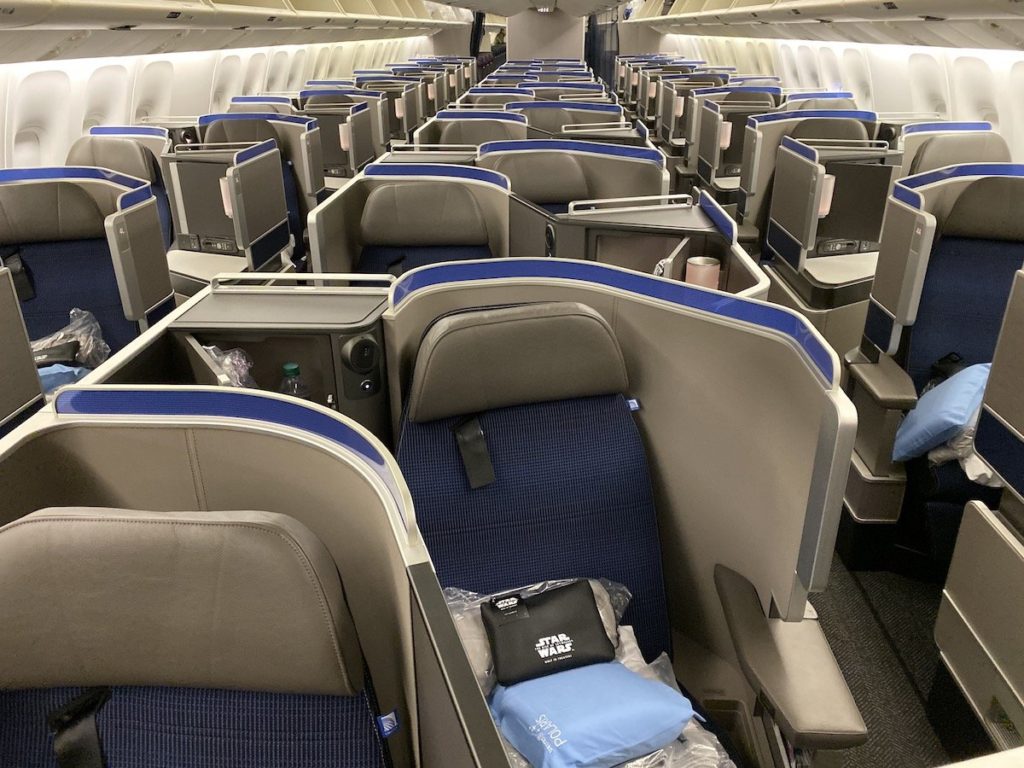Below is a review of the posts (on Facebook, LinkedIn, and Twitter) from the past week. You can check out the full posts by clicking on the links.

In the post on Sunday 10/4/20, we questioned if this is just the tip of the iceberg on trying to get around Bostock to allow anti-trans discrimination? Yes, we are talking about the current (Trump) Administration. Recall that in the Bostock case the Supreme Court held that discrimination on the basis of sexual orientation is illegal under Title VII. Well, the Administration continues to issue ruled allowing anti-trans discrimination in sex-segregated places like homeless shelters and school sports. How does the Administration justify the rules? See the post. The effect on transgender persons may (will) be awful, probably increasing the harassment and violence they already may suffer because they will be forced into places inconsistent with their gender identity. So, is it possible the Administration’s viewpoint could be viable? See the post for one way. This is being fought out in court relative to school sports. See more details on the CT matter and the Dept. of Education’s position and what is cites as statutory support. The DOE’s position is similar to that of the Justice Department in a case in ID filed by the ACLU. The Judge in that case issued a preliminary injunction barring enforcement of the law. More details are in the post. Want more? HUD just issued a recent proposed rule about how sex-segregated homeless shelters can assign people – see the post. On the one hand the argument is that refusing transgender people to do what they could if not transgender is clearly discrimination based on transgender status (and illegal under Bostock). On the other (Administration’s) hand, the Court did not say that an employer of other person/entity must respect a transgender person’s gender identity.
TAKEAWAY: The Supreme Court may have declared discrimination on the basis of gender identity illegal, but there are still unanswered questions and a lot of litigation yet to come.

The post on Monday 10/5/20 was about how employment practices liability (EPL) insurance is responding to COVID-19. You dug into your profits to keep employees working and safe, but now they are – or may be – suing you. Huh? It may be logical, in that employers had to make many decisions in a really short period of time, often with little or no (or changing) guidance for federal agencies. For example, FFCRA went into effect on 30 days’ notice (while existing laws, like the FMLA and ADA, still applied). The EEOC said that its guidance would probably change as COVID evolved. Mistakes were bound to happen, and did On the wage and hour front, there were claims for unpair or improperly calculated wages (arising as a result of remote work, modified schedules and other operational changes). Will this type of claim and its defense costs be covered under your EPLI policy? See the post (and check your policy). Another area at issue is paid sick leave. The EPSL Act comes into play, but employers must still look to the FLSA (which may implicate whether or not there is coverage for the claim and defense costs – see the post). EFMLA is also new and also may or may not be covered for the reasons set forth in the post. Other issues include wrongful termination, demotion, failure to promote, retaliation, work-related exposures and infections, and the WARN Act, all of which are addressed in the post.
TAKEAWAY: Read your EPLI policy closely and consult with a knowledgeable attorney to discuss your coverage.

The post on Tuesday 10/6/20 asked: Who should fix the water line to a condo or home in a planned community? Since this could be costly, the answer is important. And the answer is: it depends on the provisions of your Governing Documents. For condominiums and townhomes, the Unit (for which the owner is responsible) is usually defined as being inside the 4 walls (perhaps with maintenance responsibility for limited common elements too), so the location of the water line may determine who is responsible (the owner or the association). When dealing with single-family homes, however, the owner’s responsibility is usually more extensive – see the post. However, that could change as noted in the post.
TAKEAWAY: Know what your Governing Documents provide as to rights and obligations among owners and the Association. Consult with an experienced community association lawyer.

The post on Wednesday 10/7/20 talked about when is a school “closed” and when can employees take EFML leave? You care because this can have a huge effect on whether or not employees are still working (whether in the workplace or remotely). And even though schools have reopened, the answer may change as how schools educate students changes. Let’s start with when EFML applies: to those employed by employers of fewer than 500 employees who have been on the payroll for at least 30 days and are unable to work (including teleworking) because they must care for a child whose school or childcare is unavailable due to COVID. Assuming the employees meet the requirements noted in the post, they are eligible for us to 12 weeks of EFML pursuant to the FFCRA. So, what does it mean for a school to be closed, especially in this era of hybrid arrangements (where students are physically in school some of the time and learning remotely part of the time)? What if the parent chose remote education when in-person learning was available? The Dept. of Labor has issued guidance. The easiest is first: if school is fully remote, the employee is eligible for EFML (again, if the conditions noted in the post are met). Hybrid school is the only option, intermittent EFML applies (again, subject to the same conditions noted in the post for fully remote school). Another easy answer is if the parent opted out of in-person school – see the post. This answer changes, however, if the choice was made due to a requirement or recommendation that the child quarantine. Finally, what if before or after-school childcare is now unavailable due to COVID? The employee has been successfully teleworking but now requests use of EFML due to a lack of childcare before or after school. Employers can ask certain questions (as noted in the post) but must be careful of running afoul of the FMLA. And can discipline still be issued to an employee taking EFML? Yes, for the circumstances listed in the post.
TAKEAWAY: The FFCRA was a boon to many employees, but it continues to cause headaches for employers who must navigate EPSL and EFML together with the existing FMLA provisions. Consult an employment lawyer.

In the post on Thursday 10/08/20 we learned that United Airlines is being sued over NFL charter staffing (yep, still on the COVID-related theme). The suit was filed in California alleging that United takes a “despicable” approach to staffing sports team charter flights. United has long had contracts with many NFL, MLB and NCAA teams. Two long-tine flight attendants think how those flights are now being staffed is illegal. The basis on which they allege the staffing is being made, and why it is illegal, is in the post. The attendants, a black woman working for United for 28 years and a Jewish woman there for 34 years, say they tried over and over to get assigned to the charter flights, but were not successful. They say assignments should be made on the basis of seniority, not how they seemed to be assigned (as set forth in the post). Why does it matter? Because apparently the pay is higher for those flights and the attendants get better accommodations. And there is more – see the post. There are certainly questions about how this came about given that seniority pretty much rules supreme (see those asked in the post).
TAKEAWAY: No employer is exempt from the requirements of the law (unless there is such an exemption in the law itself) – high-profile employers engaging in (alleged) illegal acts make for good reading and a learning experience for all.

The post on Friday 10/09/20 told us that Walmart is to pay $20 Million to settle an EEOC nationwide hiring discrimination case. Want to know what happened? Walmart used a physical ability test (“PAT”)prior to hiring applicants as order fillers at its grocery distribution centers. The EEOC says the PAT disproportionately excluded female applicants. TO use a pre-employment test, employers must prove several things (noted in the post) and even then, the test can be barred on the basis noted in the post. Here, the EEOC sued in federal court in Kentucky on August 3, 2020. It quickly led to a settlement and consent decree approved by the Court on September 9, 2020. The decree requires Walmart to pay $20M (into a fund for the purpose set forth in the post). And how will this help female applicants going forward? See the post.
TAKEAWAY: Pre-employment tests must be job-related and have no discriminatory impact. Consult an employment lawyer before implementing yours to keep you out of hot water.

Finally, in the post yesterday 10/10/20 we asked: Can an employer require you to get a COVID-19 vaccine? This question is near and dear to everyone’s heart, whether employer or employee, and will be asked by employers outside the health care industry in the near future. First, there is nothing directly prohibiting private employers from imposing such a requirement (as long as it is not done in a discriminatory manner). But accommodations might be required for certain reasons (see the post). Also, employers should consider the possible ramification if it mandates vaccination and an employee has an adverse reaction to the vaccine. The flip side is what happens if employers do not require COVID vaccines (discussed in the post). In the end, COVID vaccines and employer mandates may come out similar to flu vaccines and EEOC guidance (as noted in the post).
TAKEAWAY: Don’t wait for the vaccine to come out – decide now whether or not you will mandate vaccination for your employees and discuss your decision with an employment lawyer.

 York, Pennsylvania 17403
York, Pennsylvania 17403